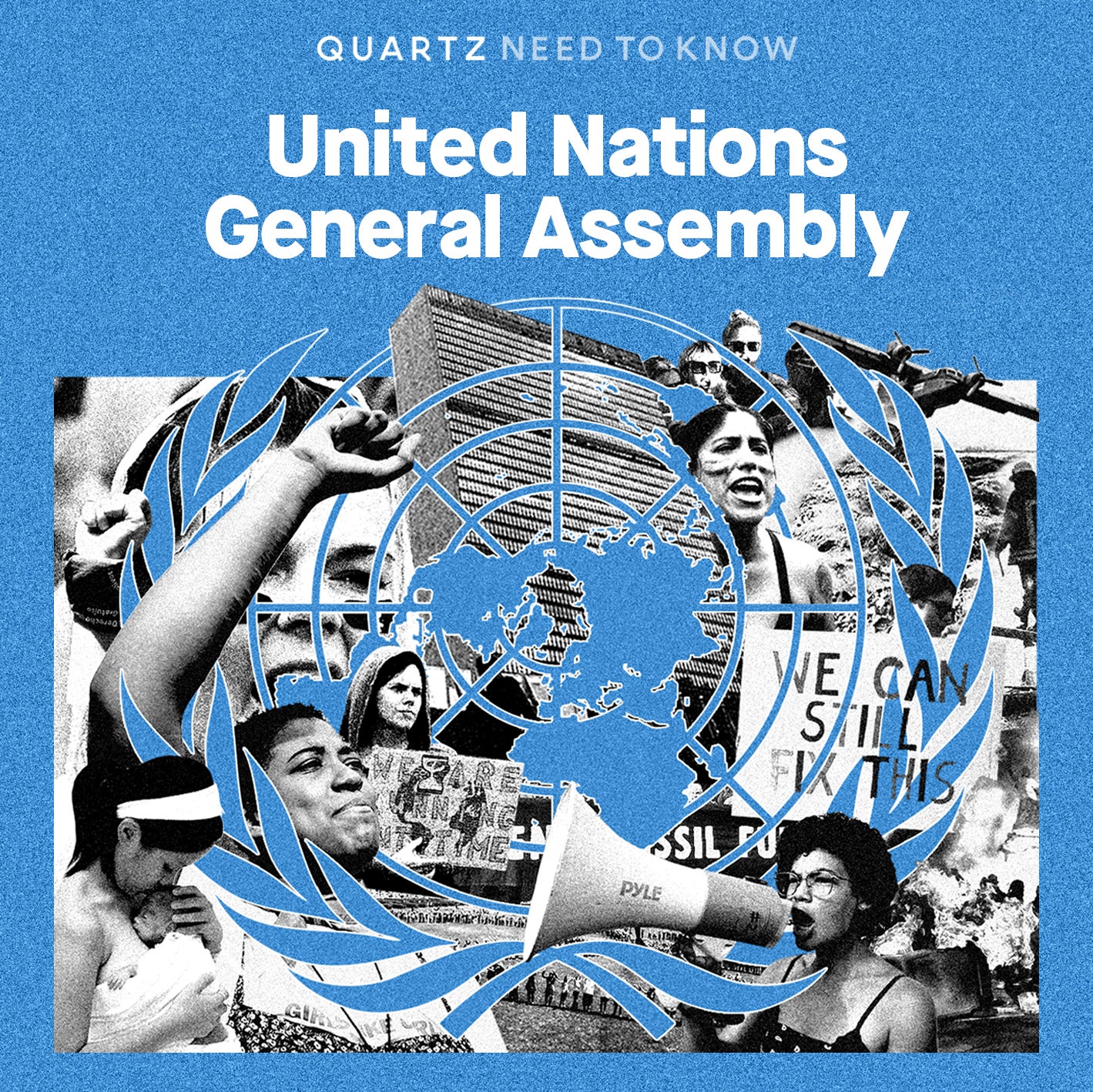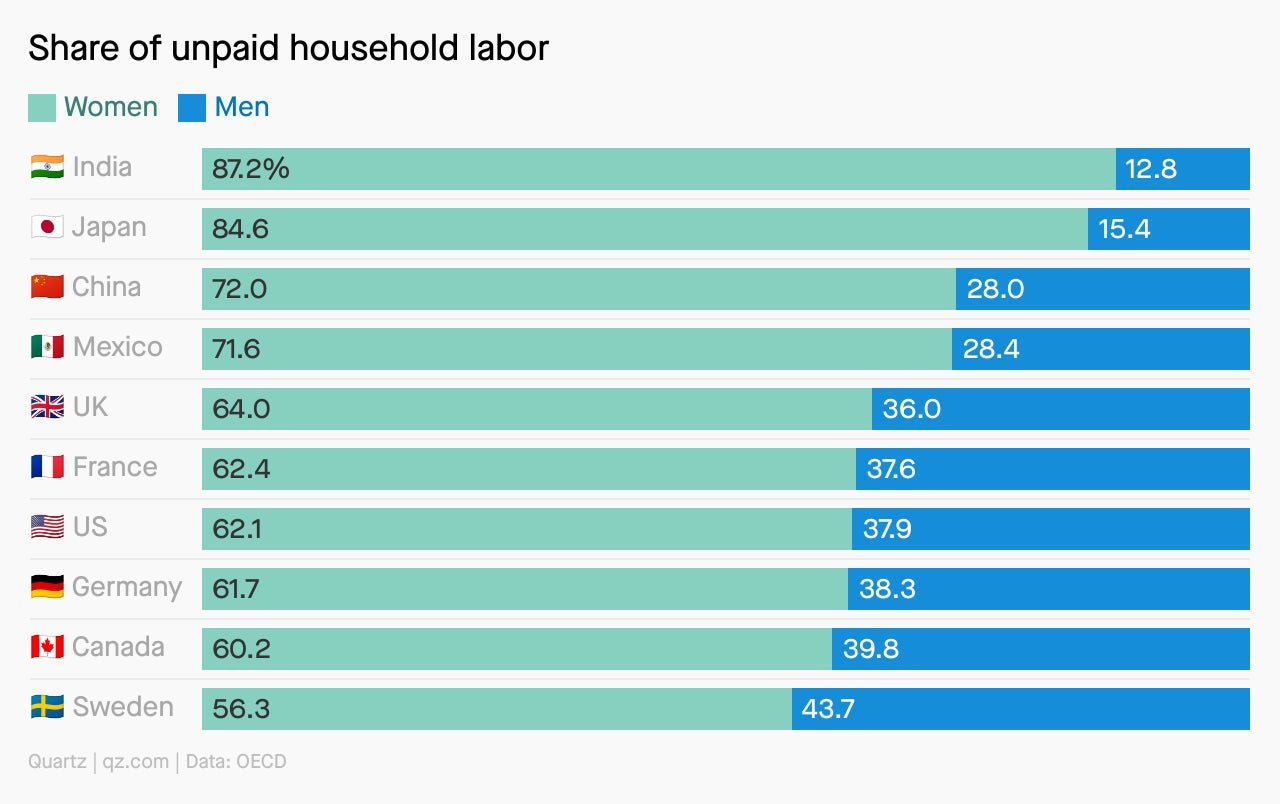Greetings, UN delegates and UNGA watchers!
The flow of money from rich people and places to poorer ones, or from the private sector to the public realm, often brings to mind the idea of philanthropy, charity, or altruism.
A word we less frequently think of when it comes to bringing people out of poverty, ensuring they have access to more and better resources and can live longer, healthier lives, is investment. And yet not even the luckiest stock trader or hedge fund manager could guarantee the kind of returns that dollars spent toward global development can bring.
Girls education, for instance, has a 2.8x
return on investment (ROI), according to the World Economic Forum. Early childhood education brings in at least a 9x return. Ocean conservation brings a 10x return, says National Geographic explorer Enric Sala. Public health interventions have been found to produce
average returns of 14x.
There are fields where the returns are even more sensational. Every dollar invested in data for sustainable development, for example, brings back
an average $32. And
the Global Fund to end tuberculosis, malaria, and AIDS has an even
higher average return, at 37x.
Perhaps that’s one reason the UN General Assembly and its side conferences increasingly look like a more empathetic Davos—and arguably a financially savvier one: Human rights are a smart, safe investment that can yield returns for society writ large. Sure, this isn’t cash that is going to hit the bank account of donor-investors (not in the short-term, anyway), but it will lift communities and countries and ensure humanity, and the planet, have a future—without which, it would be hard to produce returns on any other investments.
For now, covid
continues to show how the struggles of the global poor eventually affect the rich, too. This crisis, like so many others, shows that international cooperation isn’t a matter of generosity, or charity. It’s just shrewd economic sense.
Quoted
“[I]t still seems to be shaping up as a Cold War UN, where it’s active on humanitarian [issues], active on technical tasks like inspections of nuclear weapons or facilities, but not in the political inner kitchens because there isn’t the consensus amongst major powers to allow it to act there.”—Open Society Foundations president and former UNDP chief Mark Malloch-Brown.
Quartz caught up with Malloch-Brown on the sidelines of UNGA. Read the full interview here.
Your UNGA reading list
Need to review the biggest events from the past two weeks? There was a lot to decipher, but we’ve compiled our top takeaways for you to read and share:
💸
We already know what would solve most global development challenges
GOOOOOOALLLLLLLLL
In this final edition of QZ’s UNGA email (😥) we take a look at the fifth Sustainable Development Goal, which focuses on gender disparity. It aims to “achieve gender equality and empower all women and girls.”
Like the other SDGs, this goal remains a long way from its 2030 target. At the current rate of progress, the UN estimates it will take nearly 300 years before women and girls achieve gender equality.
There are numerous ways of measuring the disparity. One is to look at the gender imbalance in unpaid labor, like childcare, housework, and volunteering. In every OECD country, women do much more of this type of work than men.
Overall, the unpaid labor of women and girls around the world contributes an estimated $10.8 trillion to the global economy each year. Quartz reporters Sarah Todd and Amanda Shendruk recently explored this in detail. Use their calculator to help you see how your own unpaid labor measures up to that of people around the globe.
News from elsewhere
The IMF has castigated the UK government’s planned tax cuts. The world’s lender of last resort warned the move would increase inequality.
The World Bank cut its economic forecast for China. It predicts GDP growth will
slow to 2.8% amid zero-covid measures and a struggling property market.
The Nord Stream 1 and 2 pipelines are both leaking. Detection of underwater explosions near the Russian natural gas network has raised
suspicions of sabotage.
A new Alzheimer’s drug delivered strong results in late-stage clinical trials. Pharma companies Biogen and Eisai said
lecanemab slowed down the rate of patients’ cognitive decline.
Meta shut down two disinformation networks started in China and Russia. The separate operations were seeking to
influence views on US politics and Russia’s invasion of Ukraine.
💬 Let’s talk!
What did you think of our Need to Know: UNGA 2022 pop-up series? Did you feel like you were at the Manhattan Hilton with delegates, or comfortably informed from many, many miles away? Take a minute to share your thoughts with us!
This isn’t goodbye, it’s see you soon… at our Gauging the Goals event on Oct. 6! Quartz and the Gates Foundation will review and unpack what went down at UNGA. We invite you to register today and look forward to seeing you then.
—Heather Landy, executive editor; Annalisa Merelli, senior reporter; Amanda Shendruk, things reporter; and Morgan Haefner, deputy email editor


